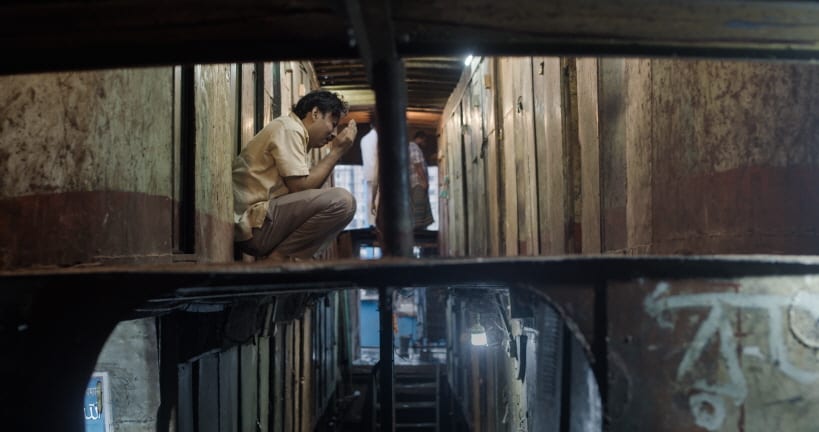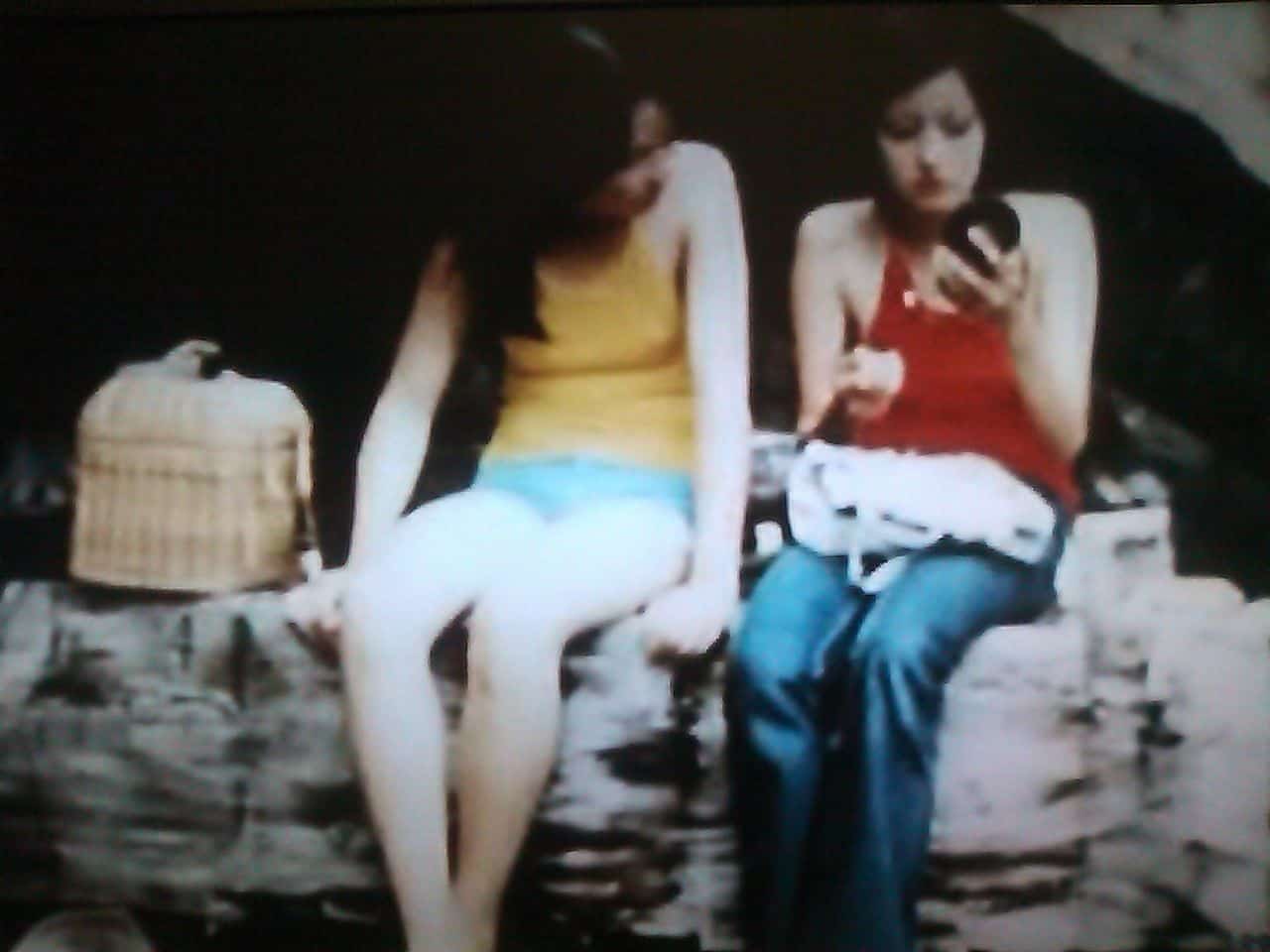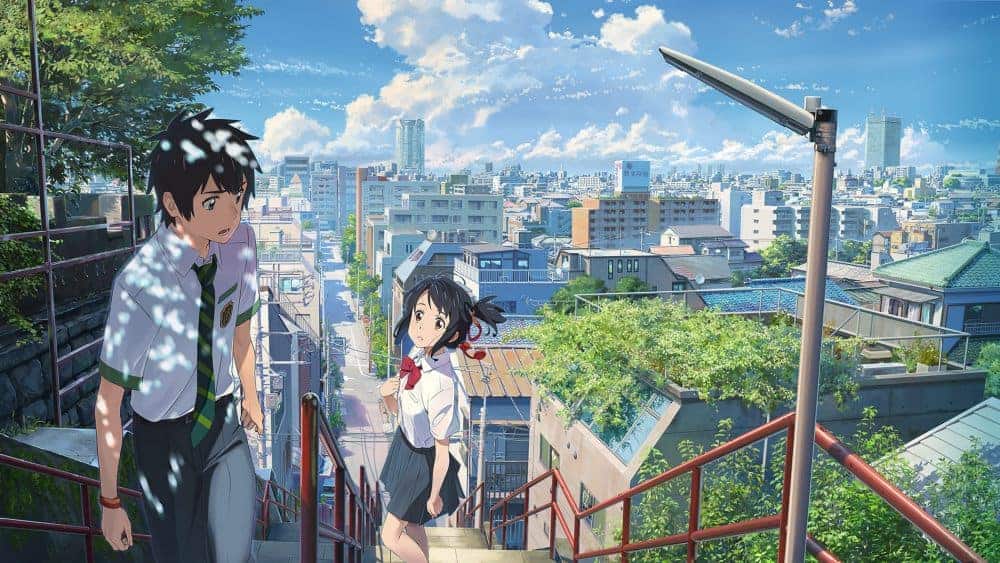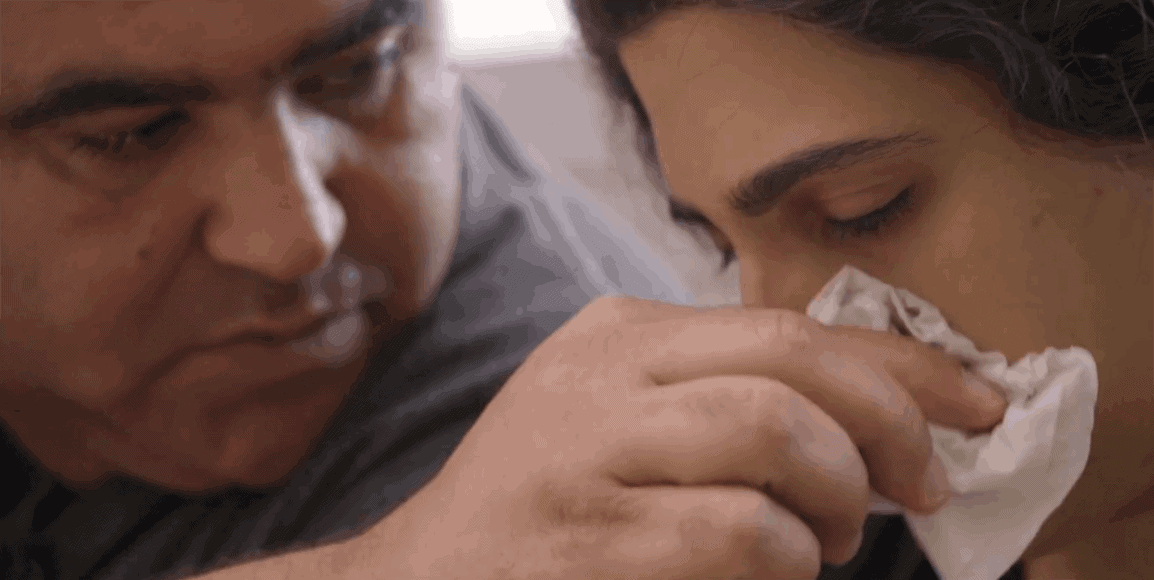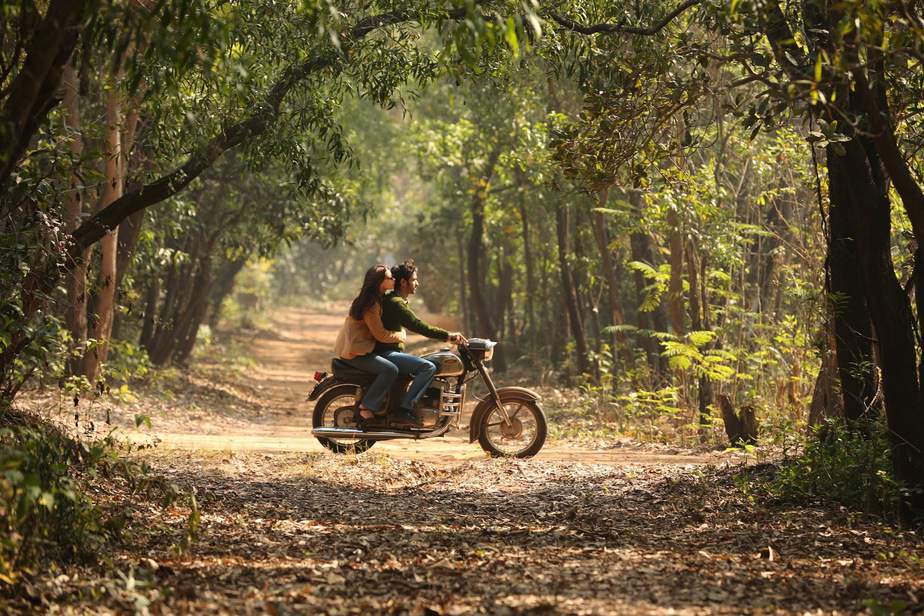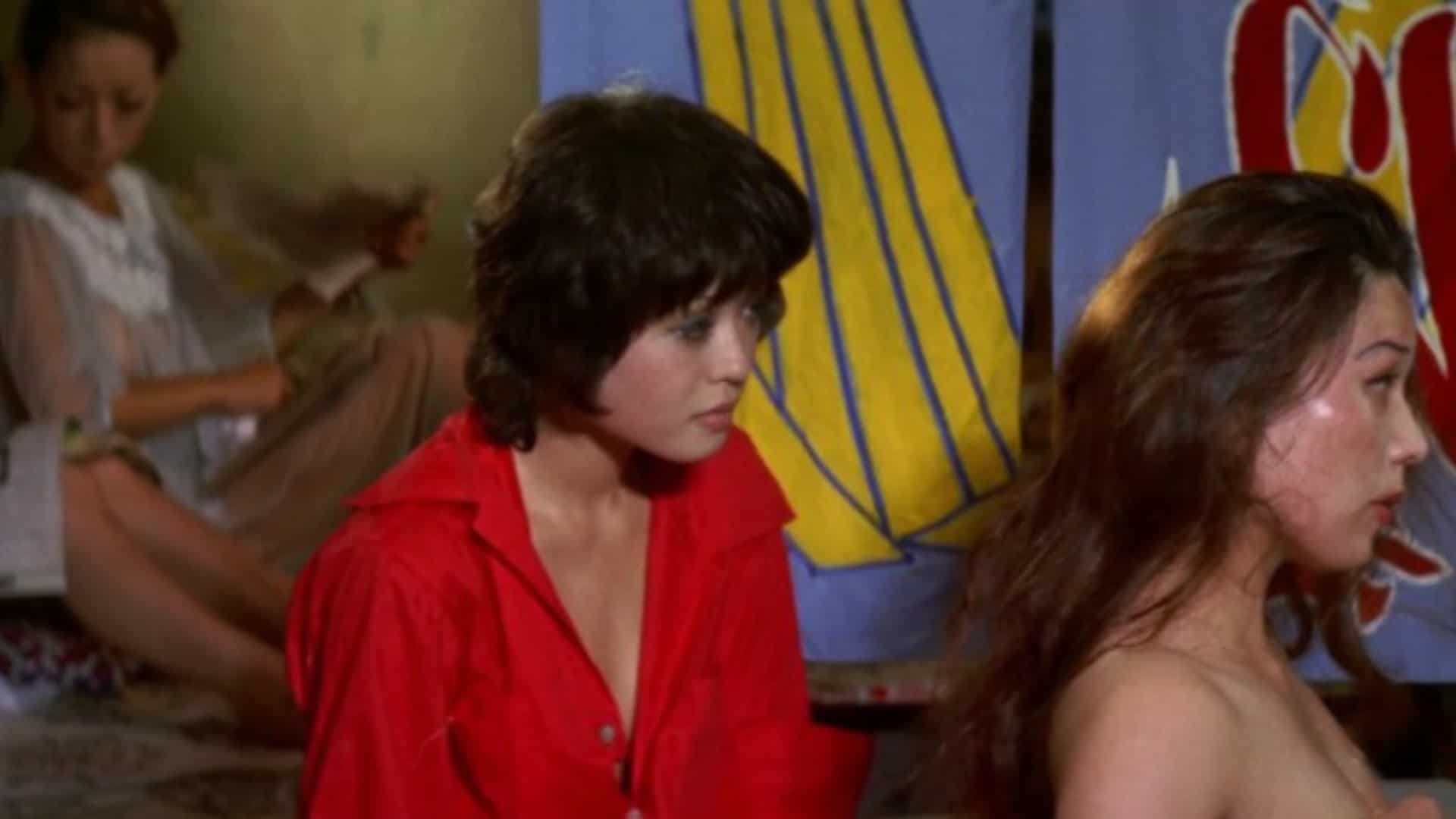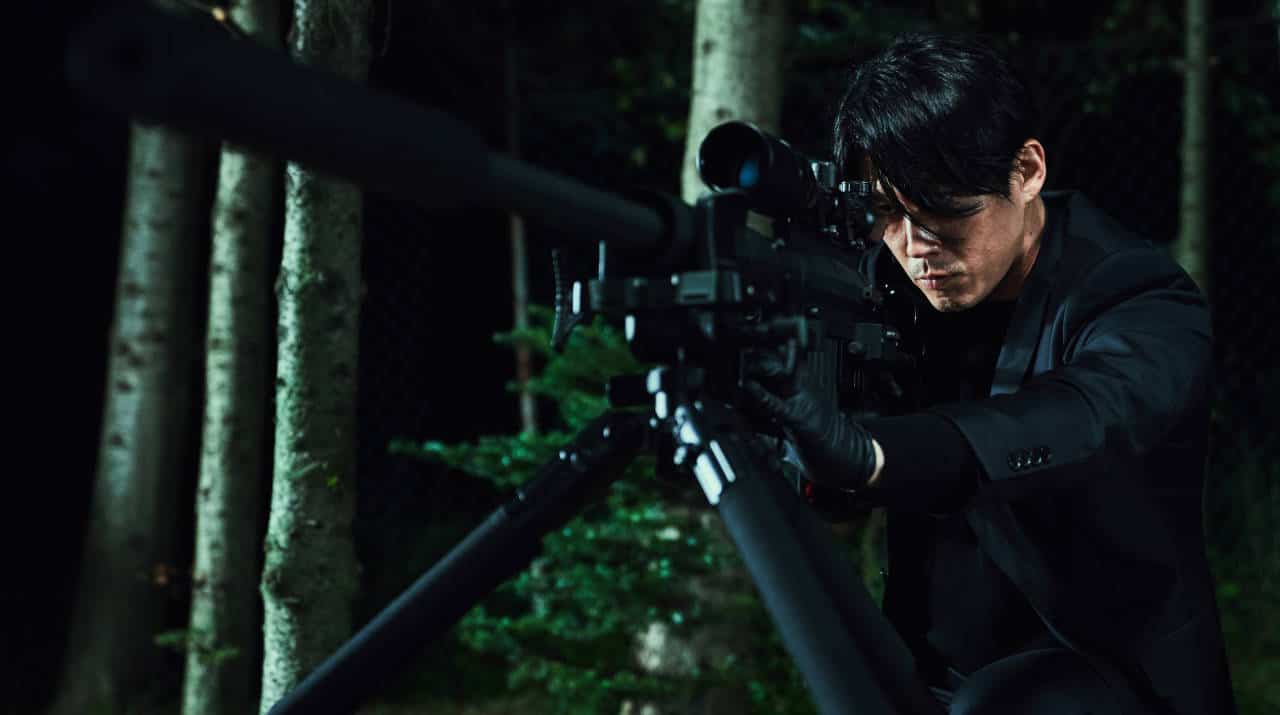Bangladeshi cinema seems to be experiencing a significant bloom in the last few years. Starting with the constant presence of Mostofa Sarwar Farooki in the festival circuit, and continuing with a number of directors that have been making a splash lately, such as Abdullah Mohammad Saad, Kamar Ahmad Simon, Amitabh Reza Chowdhury, Rezwan Shahriar Sumit, and Mahde Hasan, the presence of local cinema is increasing as much as the quality of the country's productions. Mohammad Rabby Mridha comes to add his name to the aforementioned, with his debut work, “No Ground Beneath the Feet”.
No Ground Beneath the Feet is screening at Osaka Asian Film Festival

The story focuses on Saiful, an impoverished ambulance driver, who finds himself in an impossible situation, as he has migrated to Dhaka to earn the livelihood of his and his family. His days in the city had not allowed him to avoid temptation, and his lust has led him into being forced into a marriage with a woman he slept with, who now asks him for money also, facing her own financial issues. Furthermore, her brother, who has taken a loan to open a failing barbershop, is on his heels, and is not exactly reluctant to avoid violence to force Saiful to pay his “debts”. In the meantime, back in his hometown in the Jonma River basis, his family, including his wife, young daughter, and two elderly ancestors, are facing their own problems, as the water has flooded everything, with them even struggling to find a piece of dry land to bury their dead, not to mention the intense lack of drinking water. Expectedly, they need Saiful to get back, but he cannot do so, both for the aforementioned situation, and because his boss is not particularly willing to give him days off. As time passes, the whole situation deteriorates even more.
Mohammad Rabby Mridha manages to direct a film that, despite its documentary-like realism about current conditions in Bangladesh, manages to unfold as a psychological thriller/drama, particularly as violence becomes a more significant aspect of the narrative as the story progresses. Through this approach, he succeeds in showing how dire the situation is in the country nowadays, since the constantly rising level of the sea has been the cause of intense internal migration towards Dhaka, to a point that the city cannot sustain it any more. This comment is the most evident in the film, as we see both Saiful in the city and his family back in his birthplace, struggling significantly even for their basic needs.
This approach could be perceived as melodramatic in the style of the “misery porn” so frequently emerging from Central Asian productions, and the truth is that too many dramatic things for one person happen in the movie. However, Rabby Mridha's steady directorial hand does not allow the movie to move in that direction, at least not to a point to fault its overall quality. The tools he implements in doing that is, firstly, the realism that permeates the title, which is mirrored in both settings, with the various stories and events that take place in the ambulance (rape, abandonment of elderly, murder) essentially showing how harsh living in Dhaka has become, and how crime eventually emerges as the only solution. Furthermore, the fact that Saiful is not exactly someone completely unlucky, but someone who is rather responsible for his situation, as his cheating and his gambling habits highlight, adds even more to this regard, as much as the consequences the actions of his wife's father had, in the way their situation is back home. Lastly, his implementation of Emon Chowdhury's subtle but impactful score is also ideal, since it doesn't indulge in any kind of forced sentimentalism or unnecessary poetic notions, in a trait that is not so frequent in Bangladeshi cinema, actually
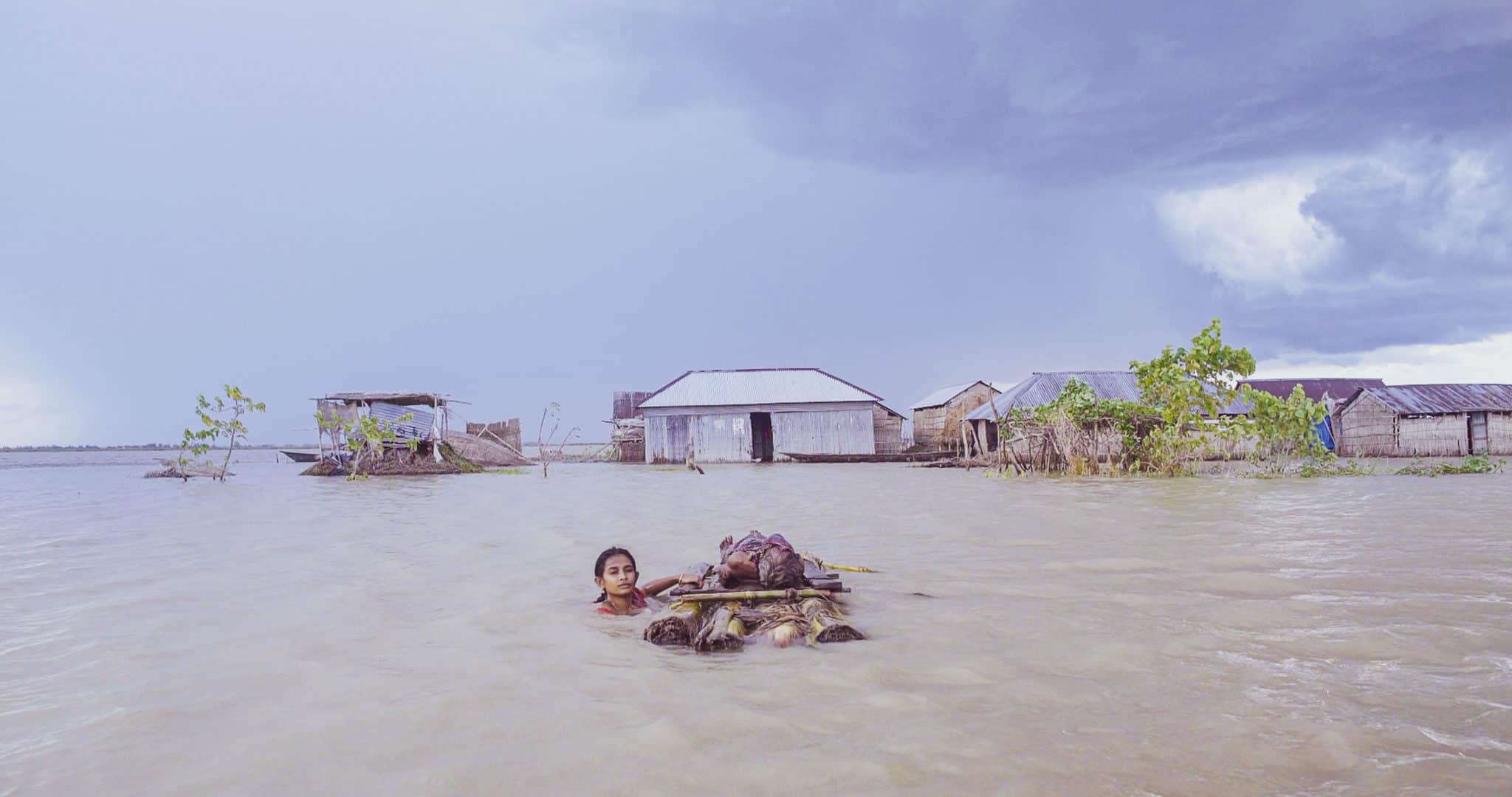
The movie also benefits the most by Mostafa Monwar's measured acting as Saiful, who gives another great performance, in the role of the victim, the bystander, but also the rather faulty man. Priyam Archi as his first wife is equally good in a very difficult role, that has her moving into knee-deep water all the time, fighting for a piece of land, or rowing a small boat, all of which she presents in a highly nuanced fashion, as much as the tragedy of her overall situation. Deepanwita Martin as the second wife has her good moments, but frequently her acting becomes hyperbolic, particularly in the tense scenes.
Manirul Islam and Abu Raihan's cinematography is on a very high level, with them capturing both the documentary-like and the drama/thriller premises of the film in excellent fashion. The way they present the majority of settings as truly claustrophobic is exceptional, particularly because even this part is essentially realistic. Sameed Ahmed's editing induces the movie with a relatively fast pace, that definitely benefits its overall approach.
“No Ground Beneath the Feet” is a great movie, a rather hopeful debut, and a testament to the progress of Bangladeshi cinema.


